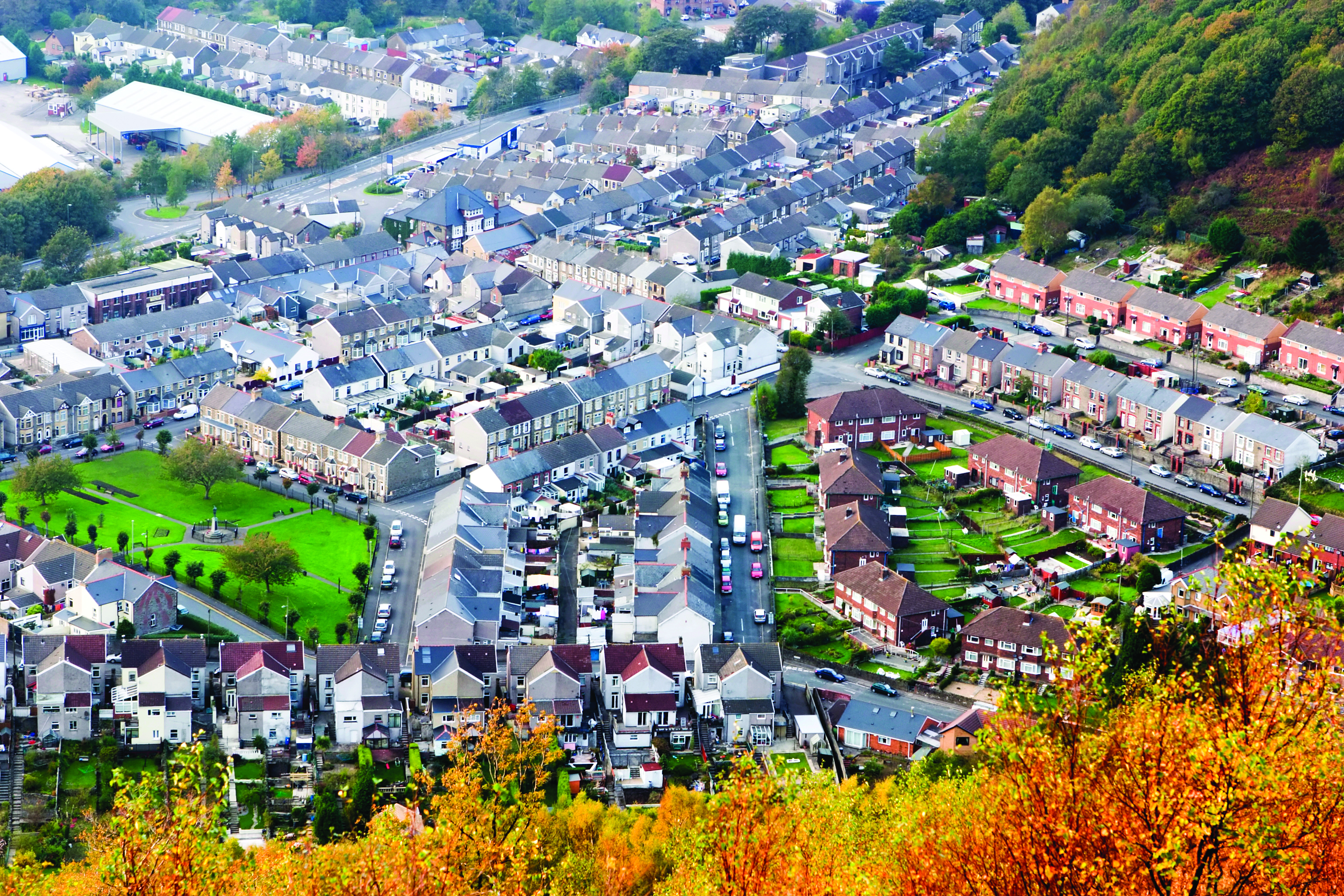A 3% year-on-year rise in amount of surplus
Local authorities made a combined surplus of £14.4 million on their parking activities in the last financial year.
The figure for 2017-18 was 3% higher than the £14 million made in 2016-17.
The rise was the fifth consecutive annual increase.
Between them, the 22 councils in Wales had parking income of £38.5 million in 2017-18, 3% higher than in the previous year.
The income includes on- and off-street parking charges and penalty charges.
Total expenditure on running parking activities was £24.1 million. Additionally, councils may incur interest payments or depreciation on their capital assets such as car parks, though this is not accounted for in these official figures.
The difference between income and expenditure gives the level of surplus (or ‘profit’).
Table 1: Welsh council parking accounts summary 2017-18
|
£million |
2013-4 | 2014-15 | 2015-16 | 2016-17 | 2017-18 | Change 2017-18 on 2016-17 | |
| Parking | Income | 32.3 | 33.9 | 35.8 | 37.4 | 38.5 | 2.9% |
| Expenditure | 22.5 | 21.8 | 22 | 23.4 | 24.1 | 3.0% | |
| Surplus | 9.8 | 12.1 | 13.8 | 14.0 | 14.4 | 2.9% | |
The data, analysed for the RAC Foundation by David Leibling, comes from the official returns councils make in a standardised format to the Welsh Government on an annual basis.
Looked at individually, 19 of the 22 councils showed individual surpluses.
(Full table of councils follows below.)
The biggest ‘profit’ was made by Cardiff (£3.87 million), followed by Swansea (£2.85 million) and then Gwynedd (£1.38 million).
Three councils reported losses on their parking activities: Blaenau Gwent (£453,000), Flintshire (£108,000), and Torfaen (£78,000).
These were the same three which reported losses in the previous financial year.
Table 2: Welsh councils ranked by level of 2017-18 parking surplus in thousands of pounds.
| SURPLUS | ||||||||
|
£,000 |
2013-14 | 2014-15 | 2015-16 | 2016-17 | 2017-18 | % change in surplus 2017-18/ 2016-17 | % change in deficit 2017-18/ 2016-17 | |
| 1 | Cardiff | 2,924 | 3,426 | 3,494 | 3,658 | 3,865 | 6% | |
| 2 | Swansea | 1,256 | 1,951 | 2,402 | 2,467 | 2,845 | 15% | |
| 3 | Gwynedd | 797 | 927 | 1,408 | 1,355 | 1,382 | 2% | |
| 4 | Conwy | 580 | 659 | 1,058 | 1,019 | 949 | -7% | |
| 5 | Carmarthenshire | 795 | 790 | 1,394 | 1,328 | 920 | -31% | |
| 6 | Monmouthshire | 585 | 741 | 931 | 929 | 864 | -7% | |
| 7 | Powys | 436 | 616 | 839 | 895 | 831 | -7% | |
| 8 | Pembrokeshire | 376 | 492 | 583 | 597 | 597 | 0% | |
| 9 | Ceredigion | 278 | 325 | 16 | 520 | 488 | -6% | |
| 10 | Denbighshire | 541 | 484 | 458 | 658 | 464 | -29% | |
| 11 | Newport | 16 | 65 | 137 | 9 | 306 | 3295% | |
| 12 | Wrexham | 306 | 465 | 316 | 136 | 301 | 121% | |
| 13 | Isle of Anglesey | 85 | 157 | 186 | 247 | 288 | 17% | |
| 14 | Bridgend | 496 | 111 | 232 | 295 | 250 | -15% | |
| 15 | Merthyr Tydfil | 201 | 93 | 171 | 104 | 215 | 107% | |
| 16 | Rhondda Cynon Taf | 393 | 545 | 497 | 531 | 184 | -65% | |
| 17 | Neath Port Talbot | 245 | 186 | 208 | 118 | 168 | 43% | |
| 18 | Caerphilly | 211 | 198 | 190 | 17 | 91 | 435% | |
| 19 | Vale of Glamorgan | 53 | 151 | 108 | 132 | 51 | -61% | |
| 20 | Torfaen | -68 | -51 | -81 | -72 | -78 | 8% | |
| 21 | Flintshire | -511 | -8 | -423 | -127 | -108 | -15% | |
| 22 | Blaenau Gwent | -244 | -223 | -310 | -836 | -453 | -46% | |
| Total | 9,751 | 12,100 | 13,814 | 13,979 | 14,420 | 3% | ||
Steve Gooding, director of the RAC Foundation, said:
“There are 1.54 million cars in Wales, up 40% in just two decades. Over the same period the number of vans has grown at an even greater rate – up 83% to 205,000.
“No wonder then that in many parts of the country road space is at a premium and is being charged for accordingly.
“Yet not all councils will be wanting to increase parking fees as a way of reducing traffic. Some will actively be seeking more visitors to boost local high streets clinging on to economic viability and helping make travel to these locations affordable is one way of doing it.”
ENDS
Contacts:
Philip Gomm – Head of External Communications – RAC Foundation
020 7747 3445 | 07711 776448 | [email protected]
Notes to editors:
The RAC Foundation is a transport policy and research organisation that explores the economic, mobility, safety and environmental issues relating to roads and their users. The Foundation publishes independent and authoritative research with which it promotes informed debate and advocates policy in the interest of the responsible motorist.
The RAC Foundation is a registered charity, number 1002705.
All the RAC Foundation’s work is available on its website: www.racfoundation.org
This is a link to the report which contains additional tables:



